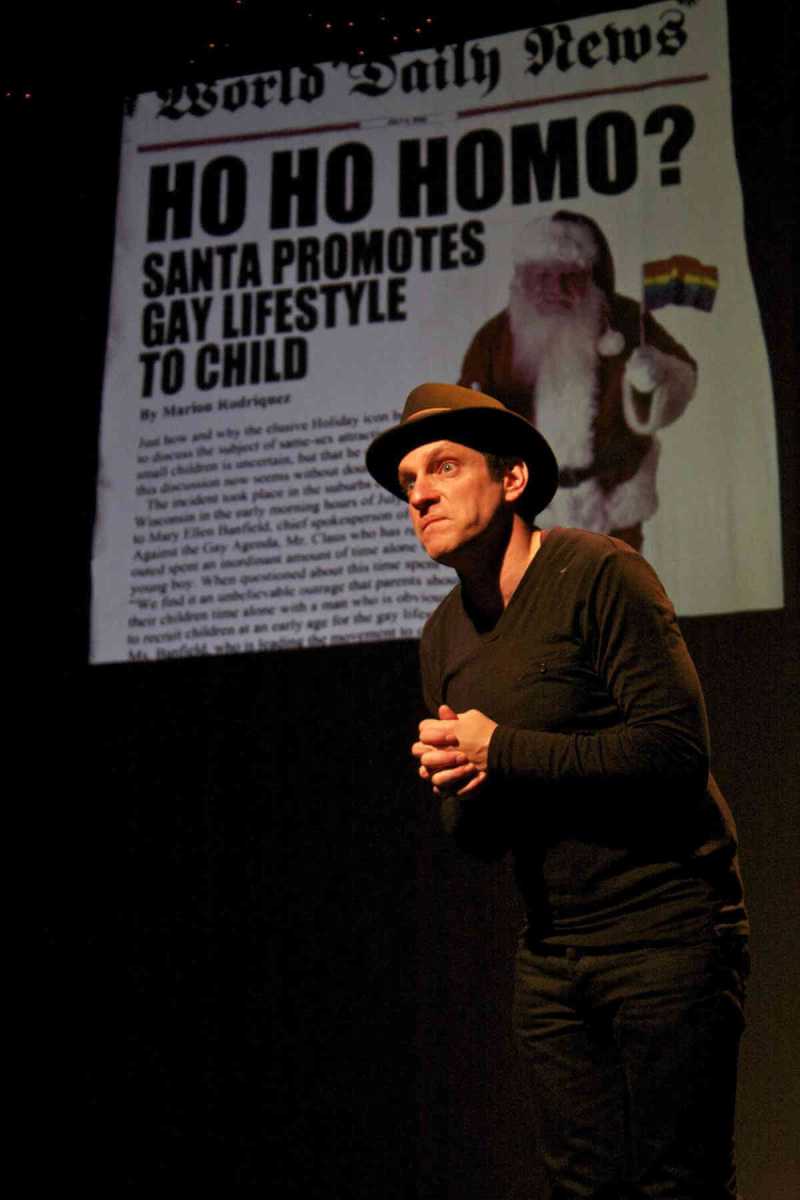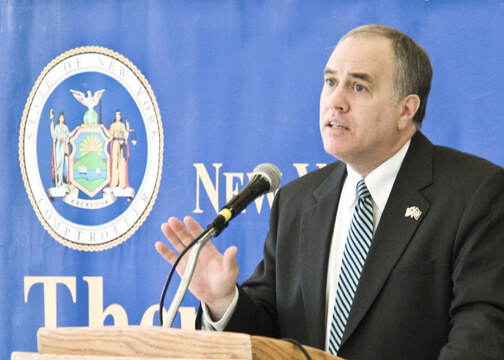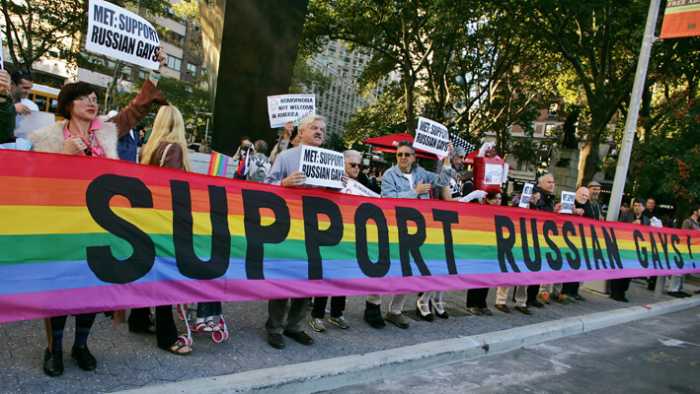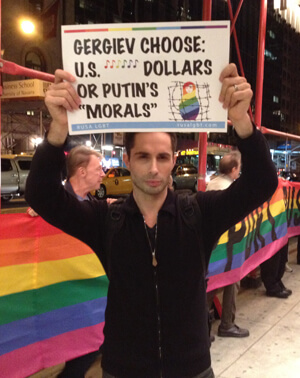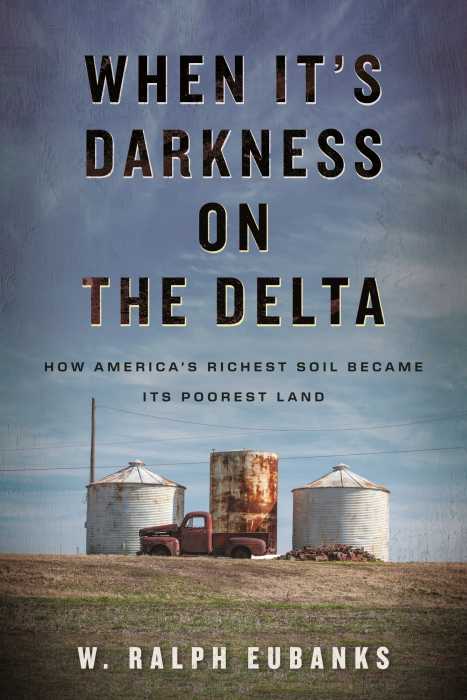People hold tight to their stories. Belief in a story can be more persuasive than facts, as our current political discourse makes clear. Stories are how we define ourselves in the context of a culture, and whether it has a political focus, a religious one, or virtually any other slant, narrative is powerful.
This even extends to our stories about Santa Claus. Megyn Kelly’s assertion half a dozen years ago on Fox that Santa is white touched off a storm of derision. Yet the image of Santa created by artist Haddon Sundblom for the Coca-Cola Company nearly 90 years ago remains one of the sturdier images of the jolly old man in popular imagination.
But what if Santa isn’t that guy? We’ve seen Black Santas, bad Santas, and even Santa on a Segway. Couldn’t one of the charms of Santa be that he can be imagined to reflect different children and stories?
That’s part of what motivated actor and playwright Jeffrey Solomon to create “The Santa Closet,” a piece first seen a decade ago as “Santa Claus is Coming Out.” One of his earlier plays, “Mother/ SON” about his Jewish mother coming to accept that her son was gay, has been seen around the world, and it prompted Solomon to speak openly with kids about LGBTQ issues. He found them remarkably responsive and interested but, he noted, “I discovered that there were parts of these communities that were equally passionate about these conversations not taking place. They were seen as recruiting or ‘normalizing’ behavior.”
Solomon ironically added, “Wouldn’t it be terrible for a kid to feel normal.”
As part of Solomon’s experiences, he also started talking to elementary school teachers who had come out to their kids. He found that their actions were not intended as political statements but rather came about as honest responses to the types of questions elementary school kids naturally ask. It’s impossible to quantify, Solomon observed, the level of shame and invisibility LGBTQ kids may experience and the message they internalize that their feelings are unmentionable.
All of this prompted Solomon to delve deeper. Under the guise of doing graduate level research, he met with a woman who was virulently anti-gay and determined to “protect” children even as she produced children’s entertainment.
“She was saying something about Santa and how Santa represents ‘good values,’ and I thought, ‘Why does she get Santa? Why can’t I get Santa, and what happens if the biggest childhood icon of all time just happens to be gay?,’” Solomon recalled thinking.
Though he’s Jewish, Solomon said that as a kid he was “Santa-crazy.” Out of that passion and his newfound interest in talking with kids about LGBTQ issues, a play was born.
“The Santa Closet,” which has a three-week run at TeatroCírculo through December 22, has been rewritten over the past decade to reflect advances in attitudes toward LGBTQ issues. But Solomon is quick to point out that when it comes to kids’ exposure to LGBTQ stories, there is still a long way to go.
The premise of the piece is that after Santa is outed, he receives letters from children all over the world expressing support and — as kids will — asking questions. There is also a charming backstory, complete with history, the appearance of Santa’s agent, and the “real” story about who Mrs. Claus is. Ultimately — and this is probably no spoiler — Santa comes to accept himself just as kids automatically did.
Solomon’s piece reminds us that we don’t need to let others control our stories, particularly when they’re shaming or harmful. We have the power to control the narratives, to make them fit our lives and provide a source of comfort and joy. And that’s a wonderful, welcome holiday message.
THE SANTA CLOSET | TeatroCírculo Theatre, 64 E. Fourth St., btwn. Bowery & Second Ave., third fl. | Through Dec. 22: Wed.-Thu. at 7 p.m.; Fri.-Sat. at 8 p.m.; Sat. at 2 p.m.; Sun . at 3 p.m. | $35-$55 at web.ovationtix.com or 866-811-4111 | Eighty mins., no intermission


